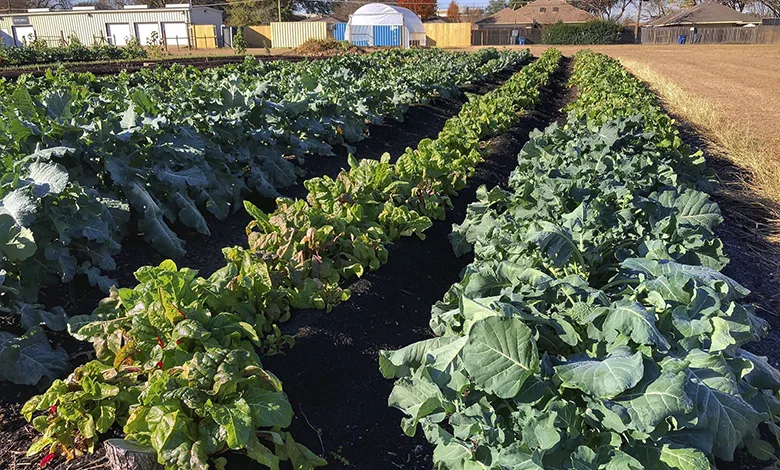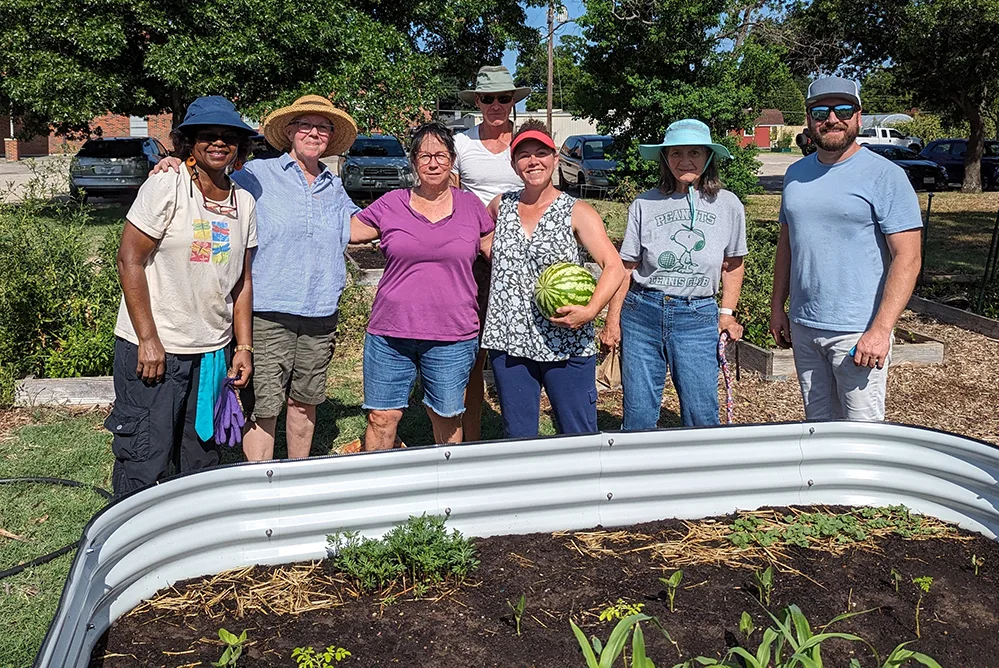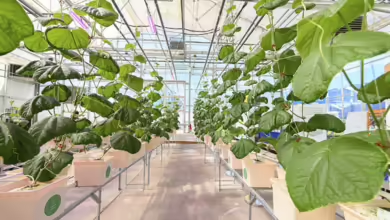The Benefits of Local Food Systems

Imagine a network connecting your dinner plate to nearby farms, processors, and distributors. Imagine knowing who produced each of the foods you’re eating. That’s the essence of a local food system!
Local food travels a shorter distance, often within a specific region, reducing transportation emissions and promoting environmental health. It prioritizes fresh, seasonal produce and connects consumers directly to producers through farmers’ markets, community-supported agriculture programs, or on-farm stands.
A local food system does much more. It fosters stronger communities by supporting local farmers and businesses. When you buy from a local food producer, you support a family that spends its dollars in their community. This economic boost keeps money circulating locally and helps sustain or rebuild towns, not to mention the positive impacts on soil, water, wildlife, and other natural resources.
While the definition of “local” can vary, the core principle remains consistent— building a collaborative food network that benefits our health, environment, and communities.

GROW North Texas is a Dallas-based nonprofit that connects North Texans to food, farms, and communities to create a sustainable, secure regional food system that enriches the land, encourages economic opportunity through food and agriculture, and provides equitable access to healthy, nutritious food for all residents.

The following five programs and a new community-supported agriculture program work hand-in-hand to achieve this critical mission.
Owenwood Farm and Neighbor Space is a three-acre teaching farm that grows food for the community through regenerative and organic farming methods. Volunteer with us on the second Saturday of every month.
Market Provisions Co.: A nonprofit, online, micro-grocery store that helps local producers and artisans sell their goods without paying for or managing a sales platform.
Fresh Start Farm Stands: Connecting families with WIC benefits to fresh fruits and vegetables through the Farmers Market Nutrition Program.
Farm Success Program: Education, training, and technical assistance to new and beginning farmers through tours, gatherings, workshops, and a specialized farmers cohort. Additional and free farmer resources are at www.GrowNorthTexas.org.
The Giving Grove Program of GROW North Texas provides healthy calories, strengthens the community, and improves the urban environment through a network of sustainable little orchards. The Giving Grove strives to plant 20 fruit orchards each year in North Texas.

GROW North Texas CSA: Buying a CSA share is like purchasing a food subscription to a farm. As a share member, you become part of our farm community. You pay at the beginning of the season, and every week during the season, you receive a selection of seasonal, delicious, fresh, local, and organic produce from our farm.
A local food source is an excellent way to get fresh, nutritious food for your family. Visit www.Grownorthtexas.org to find our current programs, farmer resources, webinar recordings, events, volunteer opportunities, and links to our social media channels.





